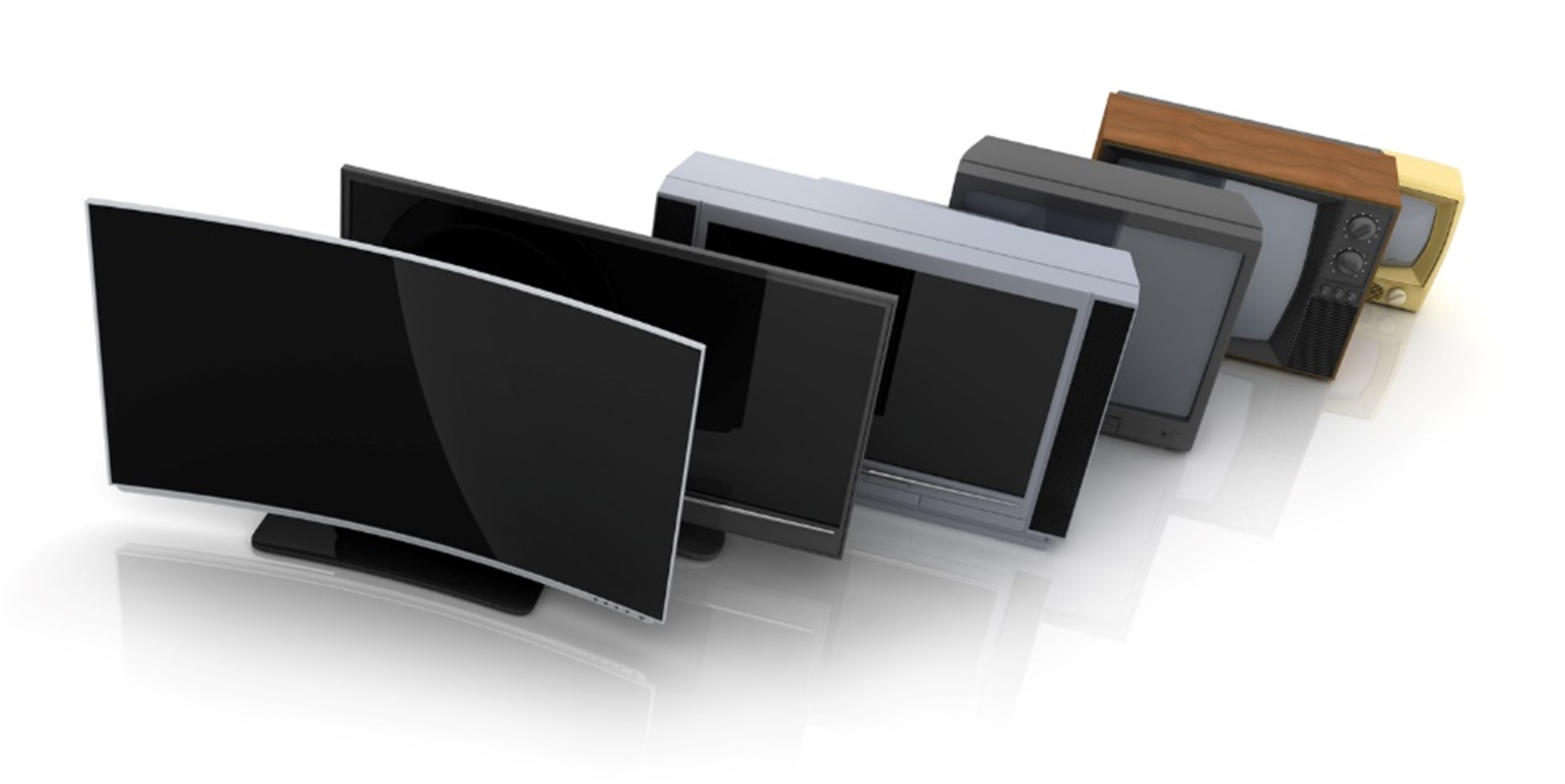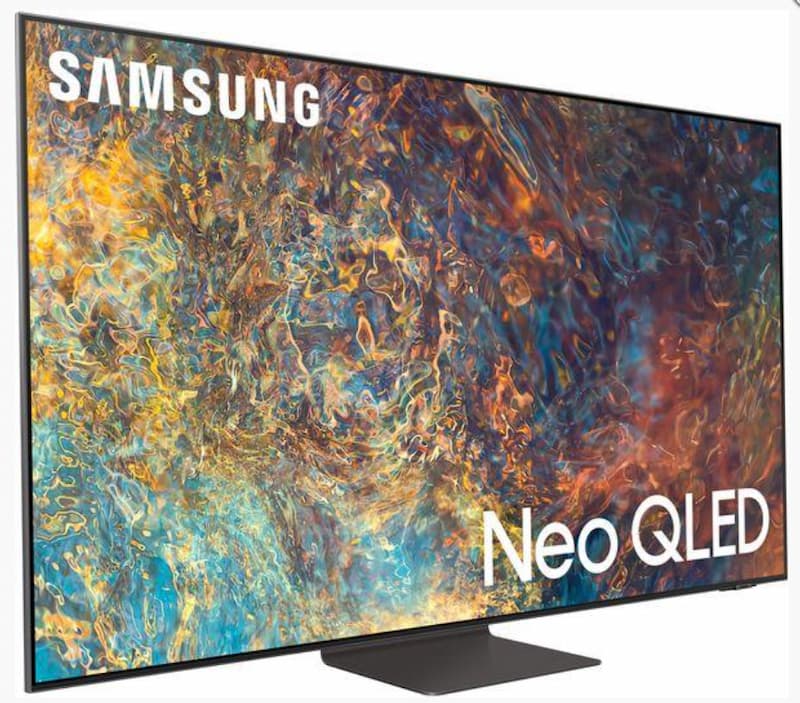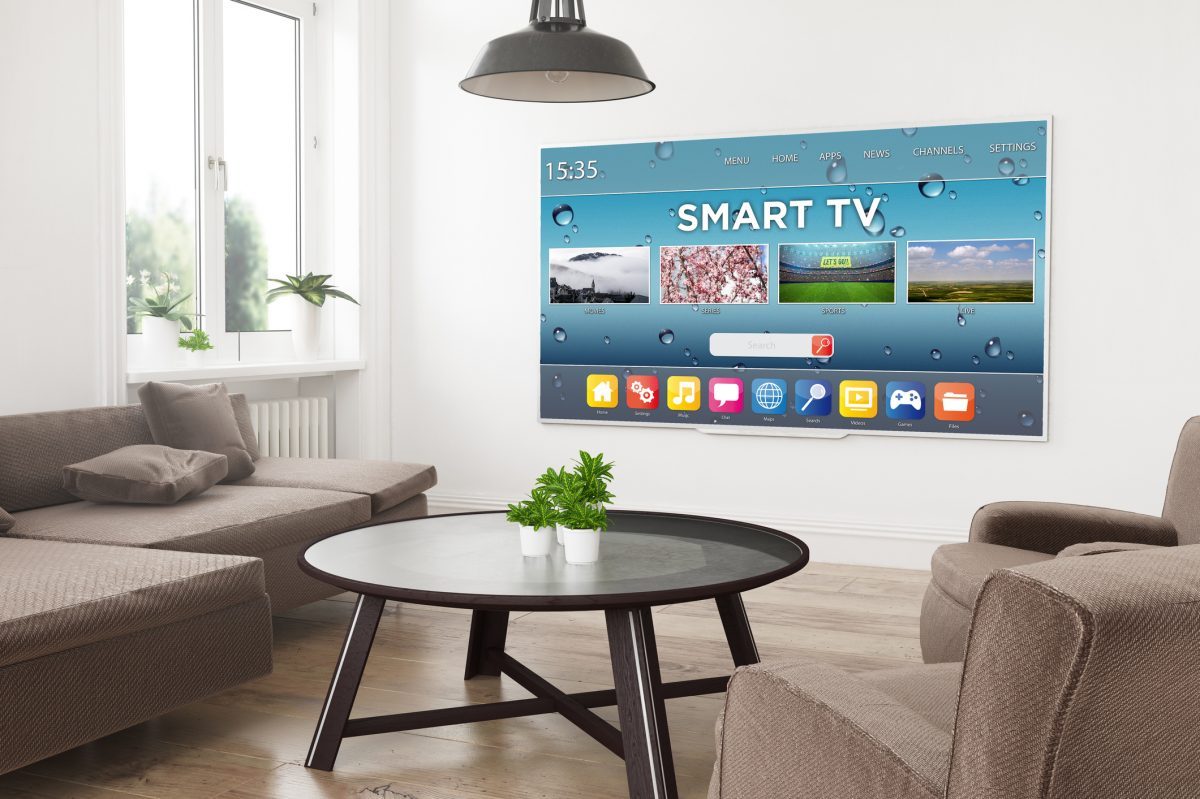Picking a new TV is never an easy task, particularly when there is such an incredible range of choice available. The majority of electronics retailers, both online and on the high street, will have a huge selection of HD flat panel TVs amongst their stock all with varying features and advantages over other models.
Naturally with such a massive selection of TVs on the market choosing the right one for you can sometimes be a bit of a nightmare. One of the most common dilemmas that consumers face is whether to go for a plasma TV or an LCD TV particularly as many people are unaware of the differences between the two. Well, what are the differences between the two most readily available types of TV?
Rather than go into details about the differences between the technology used in both plasma and LCD TVs we have decided to simply clarify some of the pros and cons of each type of TV to help consumers make an informed decision about what is most suitable for them. Hopefully this will help you to decide between that Samsung LCD TV you’ve had your eye on or a Panasonic plasma set.
If you’re looking for a really large screen then plasma is probably your best bet as it is easier for manufacturers to make large screens using plasma technology, although LCD TVs are slowly catching up. However, plasma TVs tend to be heavier than their LCD counterparts, even when their screen sizes are comparative, so it can sometimes be trickier to mount a plasma TV on the wall.
If it’s economy you’re concerned about then LCD TVs are the ones to go for. They have a lower power consumption than plasma TV sets and compared to old CRT TVs they often use up to 60% less power.
One of the major drawbacks for plasma TVs is the risk of screen burn caused by a still image being displayed on the screen for a long-time. The problem is not as pronounced as it was when plasma TVs first became available, but it can be a concern. This problem does not exist for LCD TVs.
When it comes to the brightness of the screen plasma TVs tend to have the advantage. In a darkened room plasma TVs will have better brightness and contrast. However, LCD screens tend to reflect less light, so in normal daylight viewing conditions they often have less screen glare.
In summary, there are pros and cons for both plasma TVs and LCD TVs and you need to think about what it is you want from you TV and then pick one that best suits your requirements before making any decisions.







